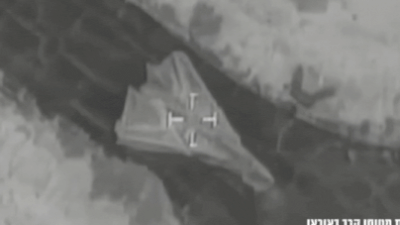Israel has launched a series of intense airstrikes on Iran’s military airfields, reportedly reducing major facilities to rubble and annihilating key fighter jets. The escalation follows heightened regional tensions and signals a significant shift in Israel’s military posture.

Image source:- Timesofindia
Israel-Iran Conflict Reaches Critical Point
In a dramatic escalation of regional tensions, Israel has mounted a large-scale air offensive on Iranian military installations, targeting several airfields and effectively crippling portions of the country’s air force. The video footage released from the operation shows widespread devastation, with advanced jets turned into debris and airbases rendered inoperable.
The recent development has drawn global attention, especially as the precision of the bombings indicates advanced intelligence and technological capabilities. Military experts suggest that Israel’s objective is to dismantle Iran’s offensive aerial capability and deliver a clear message of deterrence.
Strategic Targets and Global Implications
According to Israeli officials, the operation was a necessary step to counter Iranian threats against Israeli sovereignty. Iran, on the other hand, has condemned the strikes, calling them an act of aggression. Diplomatic channels between the countries remain severed, and there is growing concern among global powers about the possibility of a broader conflict in the Middle East.
Key Developments:
-
Multiple Iranian airfields destroyed beyond repair
-
Several fighter jets and hangars obliterated
-
Global community calls for restraint from both sides
-
Risk of escalation into full-scale regional war
International Reactions and Future Prospects
The United Nations and the European Union have urged both countries to de-escalate and return to diplomatic negotiations. Meanwhile, the United States has reaffirmed its support for Israel’s right to defend itself but urged proportionality in its military response.
Security analysts believe that the coming weeks will be crucial. If Iran retaliates aggressively, the region could be on the brink of another war, potentially drawing in neighboring states and affecting global oil markets.














